Please fasten your belts!
Becoming a Bundler
Ethereum’s ERC-4337, or “smart accounts,” was deployed on the Ethereum mainnet on March 1st. The introduction of smart accounts was intended to add a decentralized layer on top of Ethereum to make smart accounts possible with Account Abstraction. However, infrastructure providers warn that it may be tricky to participate profitably in the new network right now.
Smart accounts are a supercharged version of an Ethereum wallet distributed via a network of “Bundlers” and “Paymasters.” ERC-4337 introduces the “User Intent Layer,” which allows users to initiate more complex transactions in a single step. Under the hood, introducing the User Intent Layer creates an “Alternative Mempool” and a network of transaction Bundlers.
A Bundler grabs User Operations (userOps) from the Alt-Mempool to make the most profitable bundle, which is signed and submitted to the network as a single transaction.
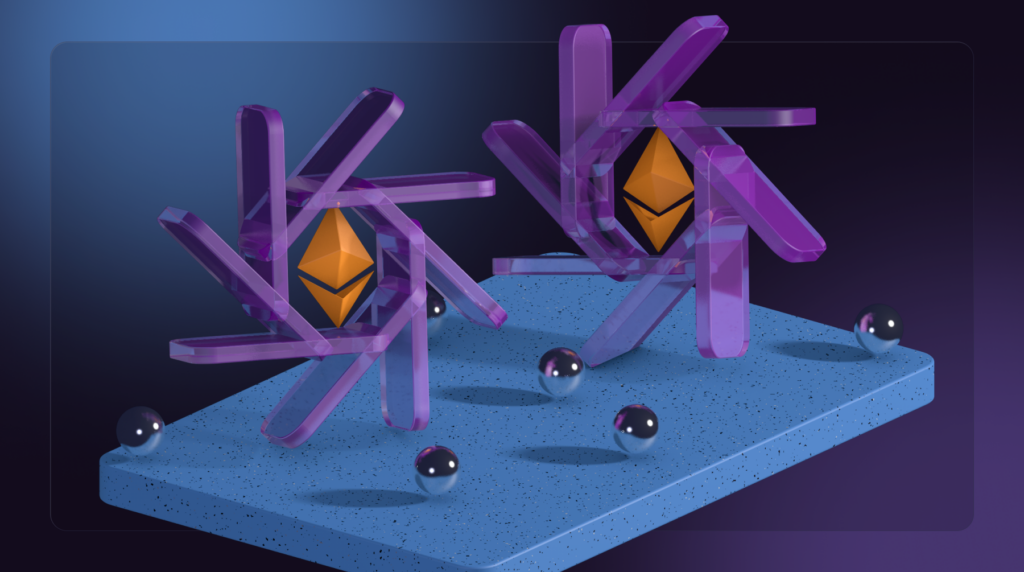
Bundlers are compensated via userOp gas fees for providing their service. However, while anyone can theoretically be a Bundler, being a successful one is a different story. According to Matt Cutler, co-founder and CEO of Blocknative, a core Ethereum infrastructure provider, Bundlers are specialized actors made up of “relatively sophisticated development teams operating substantial computational, storage, and networking infrastructure.“
ERC-4337 is trustless and permissionless, but bundling is a competitive market. Bundlers are not a tool that can be easily operated, and they require a substantial amount of technical sophistication. There are already open-source bundler code repositories, but being a Bundler is a specialized role requiring much investment.
Cutler noted an ongoing debate on whether ERC-4337 will impact Ethereum gas fees, particularly given the increase in transaction complexity associated with the introduction of the new User Intent layer. However, he expects gas fees will stay the same.
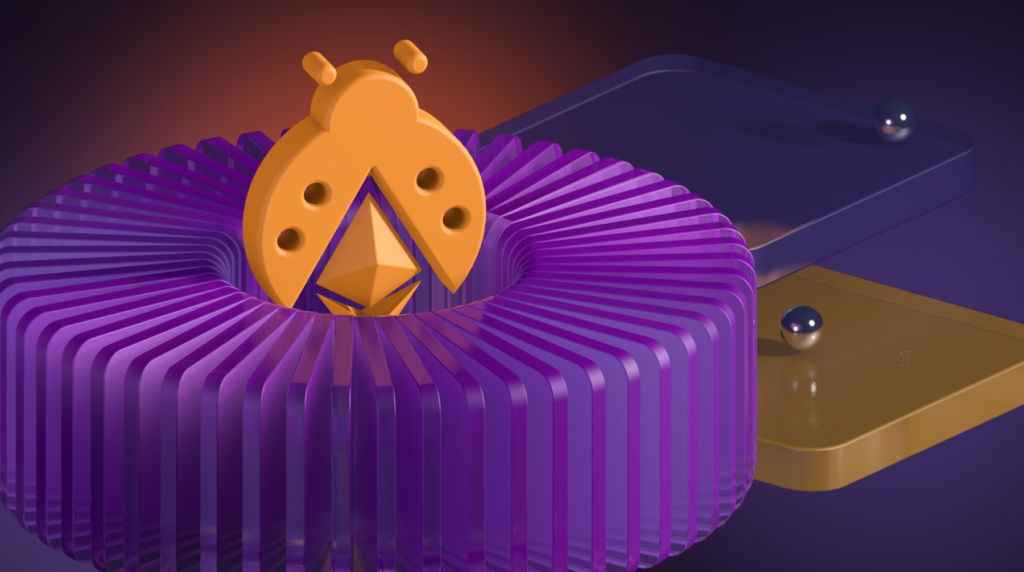
As you may know, the Etherspot team has been collaborating with the Ethereum Foundation to develop a peer-to-peer (p2p) bundler protocol. The protocol facilitates efficient communication between users and bundlers, allowing for faster and more reliable transaction processing.
Through the cooperation, the Etherspot team and the Ethereum Foundation are working towards improving the overall user experience on the Ethereum network and creating a more robust and secure infrastructure for decentralized applications.
Feel free to check out the Core Dev meeting recordings here to keep up to date with the current status.
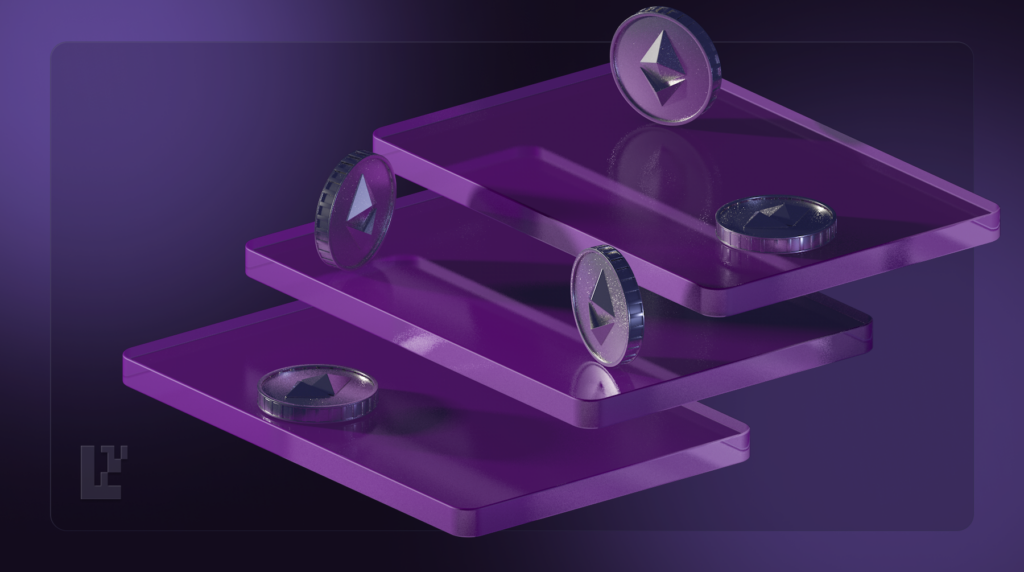
Ethereum “re-staking” protocol
EigenLayer, a protocol that enables Ethereum validators and stakers to stake their assets on other emerging networks, has recently launched on testnet. The mainnet launch is expected in Q3, with testing being phased in three stages. The first stage is being conducted on Ethereum’s Goerli testing network.
A $50 million Series A fundraising round led by Blockchain Capital has given the initial financial support. Other major investors include Coinbase Ventures, Polychain Capital, Electric Capital, Finality Capital Partner.
EigenLayer’s protocol aims to revolutionize how Ethereum node operators and validators earn fees for additional services. By creating a decentralized marketplace, the product allows them to restake assets they received in exchange for staking ETH on platforms like Lido and RocketPool.
This opens up new possibilities for validators to validate and secure other networks, including sidechains and non-EVM blockchains while addressing issues with validator economic incentives.
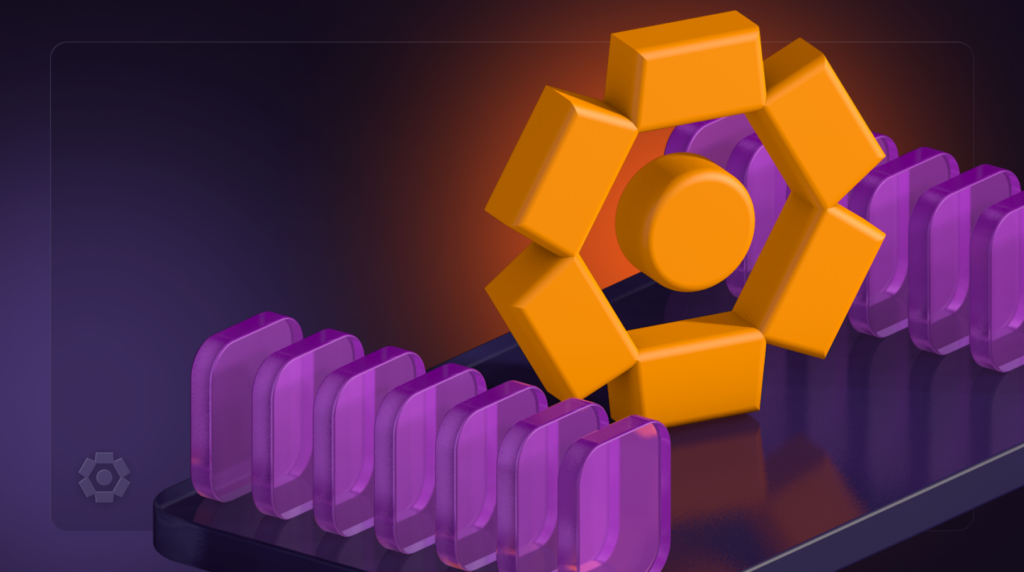
Ethereum projects join hands to launch MEV Blocker
Cointelegraph reports that Ethereum projects plan to stop MEV fraud. MEV Blocker is a solution that aims to reduce the amount of maximally extractable value (MEV) extracted from Ethereum DeFi users.
MEV is an invisible tax on transactions that can be inflated by MEV bots that hijack transactions midway.
CoW Swap, Agnostic Relay, and Beaver Build jointly developed the Blocker. It can be added as a custom remote procedure call endpoint to a crypto wallet.
27 Ethereum projects, including Balancer, Gnosis DAO, Shapeshift, and StakeDAO, joined the initiative as launch partners.
The solution aims to send at least 90% of the gains from winning bids back to users (the rest will be sent to validators as a reward). MEV Blocker will give power back to Ethereum users by protecting them from frontrunning and sandwiching when using any Ethereum decentralized application.
Bounce V3 introduces AA
Bounce, a decentralized auction platform, has announced its plans to integrate ERC4337 in Bounce V3, to enhance the user experience of the auction process.
The standard for on-chain auctions on Ethereum promises to provide a more standardized approach to the sign-up and login processes and simplify the bidding mechanism. This will eliminate problems related to transaction fees and make the auction process more user-friendly.
Bounce also plans to integrate Account Abstraction, allowing users to access their accounts without storing private and public keys, thus simplifying the process of accessing accounts for users.

Additionally, Bounce Finance plans to introduce hybrid accounts to enhance the user experience. These accounts will authenticate users through conventional Web2 methods like email and password combinations, while transactions requiring heightened security will be executed using Web3 wallets. This approach will provide new users with a more user-friendly onboarding experience while offering Web3 clients a more secure experience.
Finally, the DeFi company is also exploring gasless solutions to make onboarding smoother for new users. Bounce is committed to constantly exploring new ways to improve the user experience and create a seamless dApp.
Account abstraction on IoTeX
IoTeX, a leading DePIN platform, has announced the implementation of Account Abstraction to make Web3 more user-friendly and accessible. This powerful feature helps consumers to interact with the IoTeX ecosystem more naturally and smoothly. It is achieved by removing technical hurdles like keeping private keys and wallet addresses.
IoTeX’s Account Abstraction takes Web3 “back to the basics” and focuses on how the user experiences the technology, making it more valuable and usable. It aims to abstract as many account properties as possible, including:
- authentication;
- authorization;
- replay protection;
- gas payment;
- batching;
- atomicity.
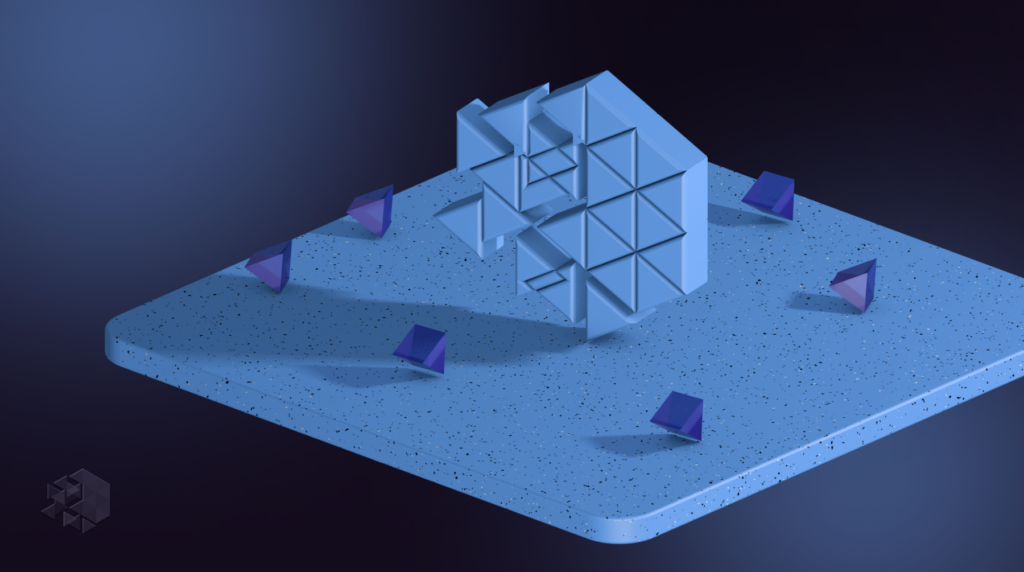
The implementation of Account Abstraction, signaled by a new standard, EIP-4337, avoids consensus-layer changes and exposes the blockchain to protocol attack vectors. This advancement encourages developers to build on a secure, universal standard with EntryPoint, an automated “security gate” smart contract.
With the implementation of Account Abstraction, IoTeX is primed to onboard the masses, enabling a new layer of user-friendly dApps to be built on the platform, making Web3 more accessible. Community voting is now open for IIP-14, allowing the live implementation of Account Abstraction on IoTeX v1.12.
EntryPoint 0.6.0
A new version of the EntryPoint contract (0.6.0) has been deployed. It is based on community feedback, with modifications including the following:
- alignment of on-chain and off-chain UserOperation hash;
- nonce management by EntryPoint;
- recursion prevention of handleOps.
These changes ensure a consistent view of UserOperation and events uniquely mapped to it. Though not critical, the changes prevent future bugs in external tools.
Wallets should use the new getUserOpHash() helper method, and accounts should be recompiled against the updated BaseAccount. Block explorers are unaffected, and the contract remains secure.
Start exploring Account Abstraction with Etherspot!
- Learn more about account abstraction here.
- Head to our docs and read all about the Etherspot SDK.
- For a plug & play integration, review the BUIDLer react component.
- Explore our TransactionKit, a React library for fast & simple Web3 development.
- Follow us on Twitter and join our Discord.
❓Is your dApp ready for Account Abstraction? Check it out here: https://eip1271.io/
Get In Touch:
Website | Twitter | Discord | Github | Telegram
Powered by Etherspot
BUIDLer React Component | TransactionKit | Etherspot Dashboard | Pillar Wallet | AirdropMe

